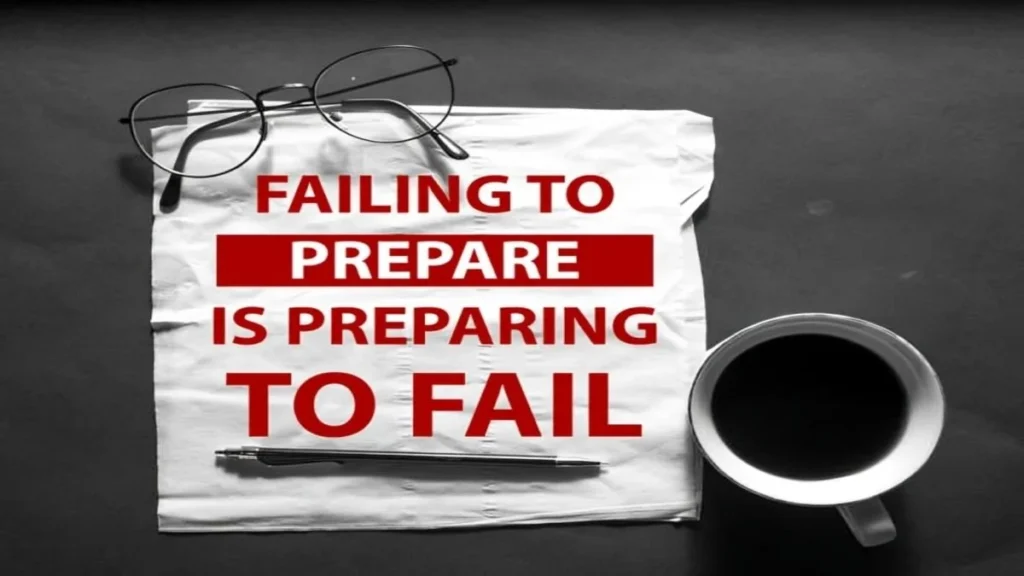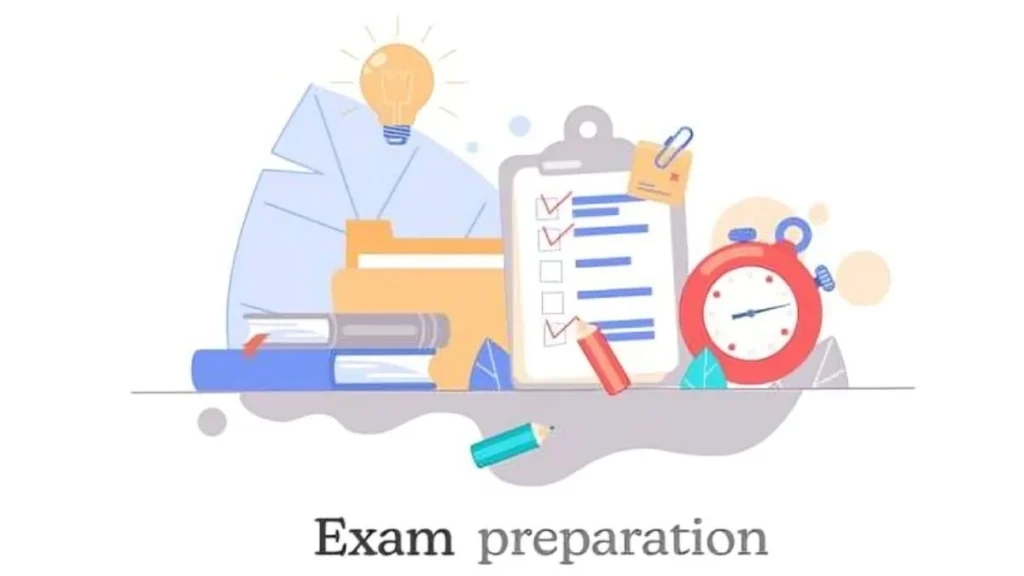TIPS
How to Overcome the Shock of Failing a Pediatric Review Exam

Failing an important exam, particularly one as significant as the pediatric review exam, can be devastating. It can feel like a personal setback, making you question your skills, knowledge, and future in pediatrics. However, it’s essential to remember that one exam does not define your career. In fact, the path to success in the medical field is often paved with setbacks and challenges, each offering valuable lessons that can strengthen you for future success.
If you’ve recently faced the disappointment of failing the pediatric review exam, you’re not alone. Many aspiring pediatricians and medical professionals encounter this challenge at some point in their careers. The good news is that there are concrete steps you can take to overcome the shock, rebuild your confidence, and prepare for success in the future. This article will guide you through these crucial steps and offer advice on how to stay motivated and focused as you prepare for your next attempt.
1. Allow Yourself to Feel the Emotions
When you first find out that you’ve failed your pediatric review exam, it’s perfectly normal to experience a range of emotions. Shock, anger, frustration, and disappointment can overwhelm you, making it difficult to focus on anything else. It’s important to acknowledge and process these feelings rather than suppress them.
Give yourself permission to grieve the loss. This is a significant event in your professional journey, and it’s okay to feel upset about it. However, be mindful that staying in a negative emotional state for too long can hinder your recovery. Allow yourself to feel what you’re feeling, but remember that these emotions are temporary and part of the healing process.
2. Take Time to Reflect on Your Preparation
After the initial shock subsides, it’s crucial to take a step back and reflect on your exam preparation. What went well? What could have been improved? Evaluating your study habits, resources, and time management can help you identify areas for growth. If you feel like your preparation was insufficient, consider adjusting your study methods for your next attempt.
It’s also important to assess whether there were external factors that affected your performance. Were you dealing with stress, personal issues, or a lack of sleep? These factors can impact exam performance, so it’s worth examining if any of them played a role in your outcome.
For a more structured approach to your next preparation, consider developing a study schedule that focuses on your weaknesses while reinforcing your strengths. You can also explore alternative study resources or consider engaging with a tutor who specializes in pediatric exams.
3. Understand What Went Wrong and Learn from It
Once you’ve had time to reflect, the next step is to understand the reasons behind your failure. Did you struggle with specific topics or types of questions? Were there gaps in your knowledge that became apparent during the exam? By identifying the areas where you faltered, you can build a more targeted study plan for your next attempt.

Take the time to review your exam results in detail. Some exam systems provide feedback on which sections or questions were particularly challenging. Use this information to guide your future study sessions. By honing in on these weak areas, you can ensure you’re better prepared the next time around.
Remember, every failure presents an opportunity to learn. The key is to adopt a growth mindset and view the experience as a stepping stone to improvement.
4. Set a New Study Schedule
One of the most important steps in preparing for your next pediatric review exam is to set a study schedule that works for you. A well-organized, consistent study routine can make a world of difference when it comes to retaining information and building confidence.
Consider creating a detailed weekly plan that incorporates both review of previous material and study of new content. Break down larger topics into smaller, manageable sections so you don’t feel overwhelmed. Make sure to allocate time for both active learning and practice exams.

Additionally, balance your schedule with rest periods and breaks to avoid burnout. A well-rested mind performs better than one that is fatigued or stressed.
If you’re unsure where to start with crafting a study schedule, you can explore resources that offer guidance and templates to help you develop a study plan tailored to your needs. You can even seek out study groups or online communities for additional support.
5. Seek Support and Guidance
You don’t have to go through this process alone. Reaching out to peers, mentors, or colleagues who have faced similar challenges can provide emotional and practical support. Talking to someone who understands the pressures of the pediatric review exam can be incredibly reassuring.
Mentors or experienced pediatricians can offer valuable insights into their own exam experiences. They can share what worked for them during their study process and help you fine-tune your approach. Sometimes, just knowing that others have faced the same struggles and come out stronger on the other side can provide a sense of hope and motivation.
Consider joining online forums or communities where you can interact with others who are also preparing for the pediatric review exam. These spaces can provide not only emotional support but also practical tips, study strategies, and recommendations for helpful resources.
6. Take Care of Your Mental and Physical Health
It’s easy to get caught up in the stress of preparing for an important exam, but don’t overlook the importance of maintaining both your mental and physical health. Mental resilience is crucial for exam success, and taking care of yourself holistically can improve your ability to focus and retain information.
Make time for physical activity, as exercise has been shown to reduce stress and improve concentration. Regular sleep, healthy eating, and relaxation practices such as mindfulness or meditation can also enhance your overall well-being and cognitive function.
Remember that a balanced lifestyle is key to staying mentally sharp and focused during your preparation.
7. Develop Test-Taking Strategies
One of the challenges of the pediatric review exam is not just mastering the material, but also knowing how to approach the exam itself. Effective test-taking strategies can improve your performance, especially if anxiety or time management was an issue during your previous attempt.
Practice with mock exams under timed conditions to simulate the test environment. This will help you become more comfortable with the pacing of the exam and identify areas where you may need to speed up or slow down.
Additionally, learn strategies for answering multiple-choice questions. Sometimes, the wording of a question can be tricky, so honing your ability to analyze and break down questions efficiently will serve you well.
8. Stay Positive and Keep Going
Finally, one of the most important factors in overcoming the shock of failing an exam is maintaining a positive mindset. Failure is a part of the learning process, and it’s a temporary setback on your journey to becoming a successful pediatrician.
Remember that persistence is key. The road to success is rarely a straight line, but with resilience, preparation, and a focus on improvement, you can reach your goals. Take one step at a time, stay consistent, and trust in your abilities.
By keeping a positive outlook and focusing on the future, you’ll be able to overcome the shock of failure and come back stronger than ever.
In the end, failing pediatric review exam doesn’t define your future. It is simply an opportunity to learn, grow, and refine your skills. With the right mindset, preparation, and support, you’ll be well-equipped to face the next challenge and achieve success.
Stay focused, stay motivated, and know that your journey is far from over.
-

 GENERAL2 months ago
GENERAL2 months agoUncovering the World of кинокрадко: The Dark Side of Film Piracy
-

 GENERAL1 month ago
GENERAL1 month agoUnveiling the Art of преводсч: How Translators Bridge Language Barriers
-

 YOGA1 year ago
YOGA1 year ago4 Person Yoga Poses for Beginners
-

 GENERAL2 months ago
GENERAL2 months agoThe Journey of iamnobody89757: From Anonymous User to Internet Sensation























